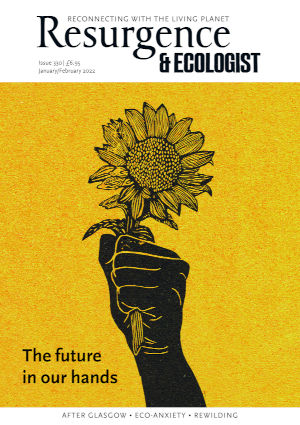I like and admire Mary Colwell very much. Her commitment to the restoration of Nature is deep. I believe her confession that she had during the preparation of Beak, Tooth and Claw “wept at the callous stupidity, self-centredness and short-sightedness of humanity”. If you are soul-deep rather than patrician, attached rather than, well, detached, then this response is inevitable.
I think this book is a jolly good effort for those who would make sense of the briar-like tangle of illogicalities that define our relationship with predators.
Our relationship with wild creatures in Britain is easy to explain. If they were very small and of no worth at all, we ignored them utterly or killed them by accident without care. If they were larger and inconvenient or valuable, we killed them all. We killed them for our own gratification, and when the population of native animals became too diminished to fuel our delight, we brought in foreign species to kill instead.
Colwell’s book elaborates and explains the above, including vignettes of delightful description. Gentle mists rise from the waters of Loch Linnie “as though the lake were gently exhaling”. For those of us who believe in a living planet, whole and complete, this use of language is exquisite.
Working as I have been doing for the last few months on a comprehensive history of the wolf in mainland Britain, I keenly understand that predators have never been an easy subject. Although, seals or sea eagles aside, the guilds of raptorial species we have allowed to remain are, in terms of size and impact, modest, when a creature of whatever kind takes anything from us it becomes an inevitable wolf of sorts. A desecrator and a thief. When the common otter was once the ‘river wolf’, the pike its watery equivalent, and the orca its marine relation, even the relatively innocuous European field hamster before its destruction was called by the Dutch the ‘korenwolf’ as a result of its grain-pinching penchant. The modern English word vole, is derived from the French voleur, meaning thief. At a time when even the smallest stealer of seeds was a crook, the petty takers of warm, cosseted rabbits from their warrens, chickens, lambs, game-fowl and fish were unsurprisingly criminals of the highest order.
Although we are no longer starving 12th-century peasants living in damp, mossed hovels made from our own dung for whom the loss of even minor resource is critical, the attitudes evinced by some individuals with regard to their modern objects of ire is not removed far from the dung.
Colwell tries to be fair and in large part achieves this ambition, but the simple endless cycle of killing, which never achieves anything other than more killing, is firmly established in human form.
It’s a good book with good stories like the one about Septimus the seal, whose skeleton carries in excruciating detail the visible agonies of his long life.
Buy it and enjoy. There aren’t many laughs but it will certainly make you think.







